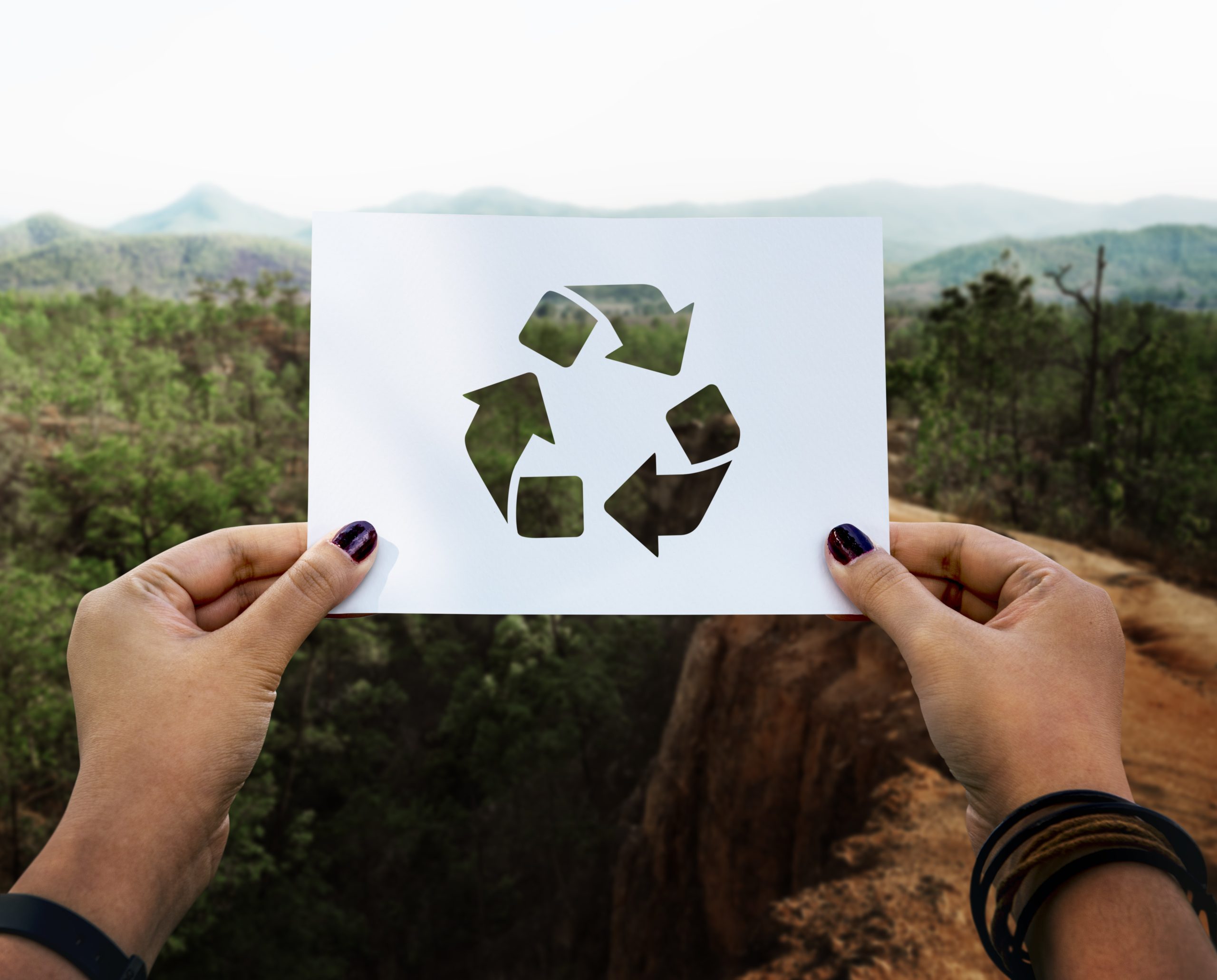DEG Makes it simple | with Erika Celestino

With the aim of raising awareness about overpopulation, pollution and the importance of biodiversity conservation and in order to promote a balance between the economic, social and environmental needs for present and future generations, the United Nations General Assembly, through resolution A/RES/63/278 adopted in 2009, proclaimed 22 April as Earth Day.
To mark this date, we invited Erika Celestino, PhD student who is working with Professor Ana Carvalho to share her research on Domestic organic waste: Integrating psychosocial factors to define strategies for a circular economy.
Through the analysis of the domestic organic waste management systems of UE member states, with emphasis on psychosocial factors, Erika seeks to identify best practices for organic waste management in and to understand how these examples can serve as a reference for other states, contributing to the transition to a more circular economy.

With the Waste Framework Directive (Directive (EU) 2018/851), there's a clear pressure on European countries to implement or restructure their biowaste management systems. Despite it established that from 1 January 2024, all of the Member States had to move towards a separation and recycling of biowaste at source or selective collection, not all states members are advancing at the same speed. According to Erika Celestino, only 11 of the 27 European Union countries are making progress in complying with Directive (EU) 2018/851,
Thus, Erika Celestino hopes that her study can, on the one hand, help new researchers in this area by systematizing scientific knowledge about domestic organic waste management in the EU and, on the other, help to understand citizens' motivations and obstacles regarding the organic waste separation, identifying, as well the method of selective collection with lower environmental and economic impact. With these tools. She hopes that her research might help stakeholders and policymakers responsible for organic waste management to improve their effectiveness and thus contribute to a more circular and sustainable Europe
Watch the video to know more.
